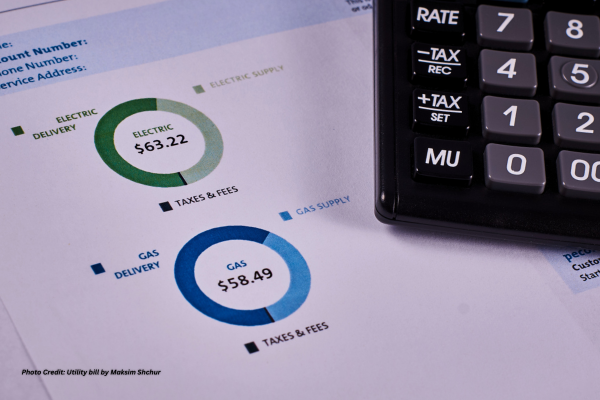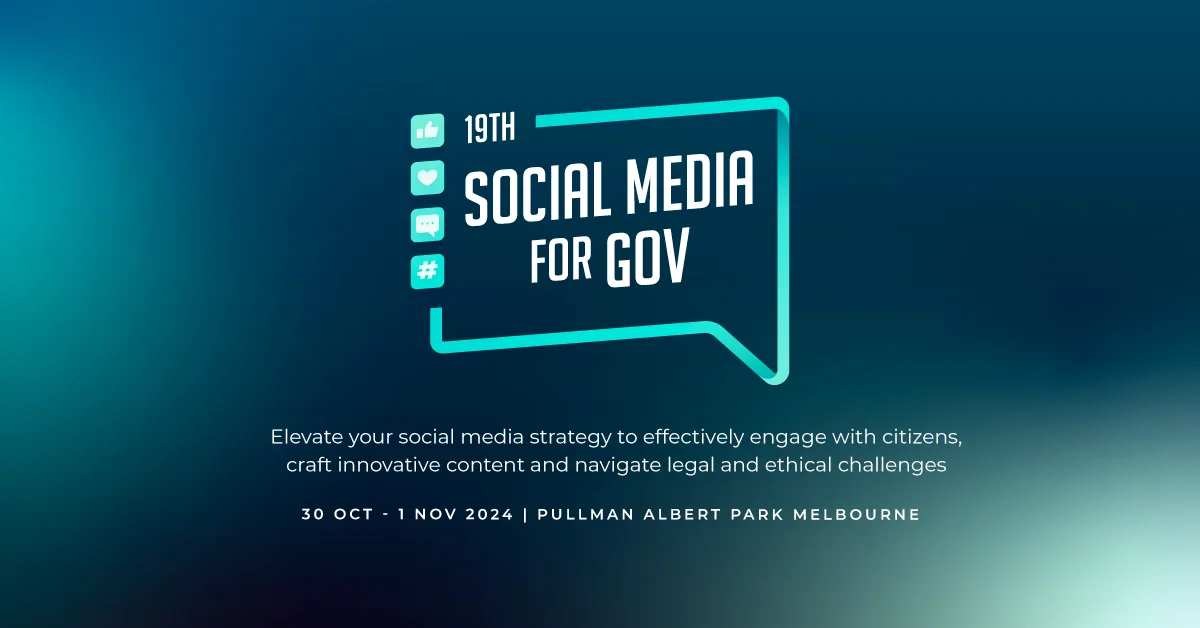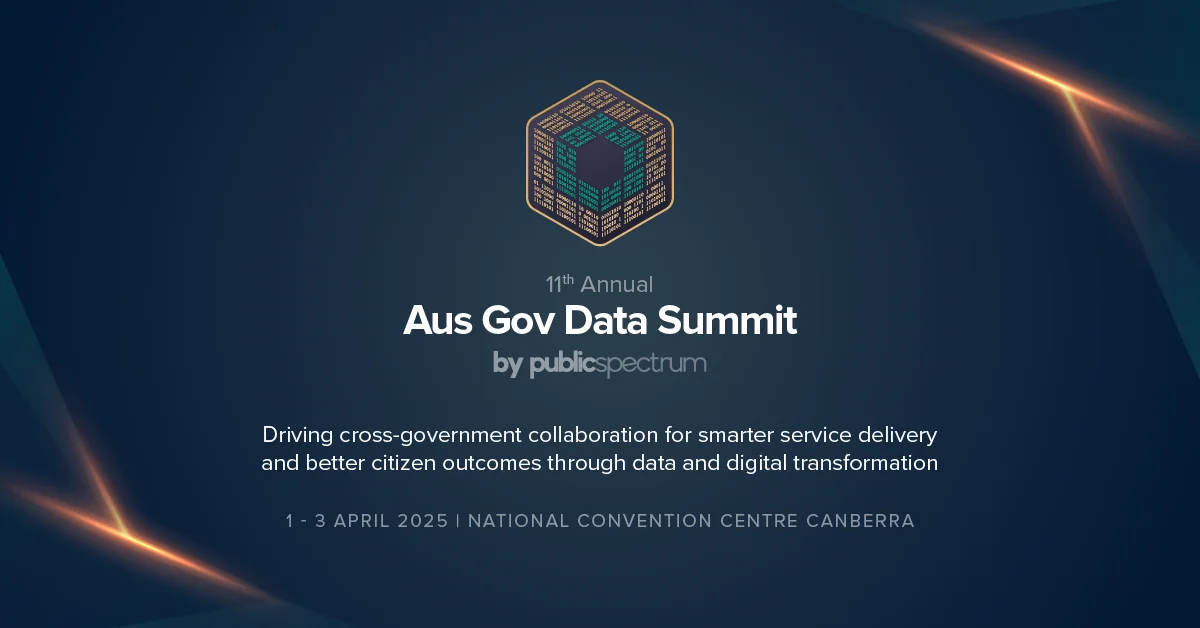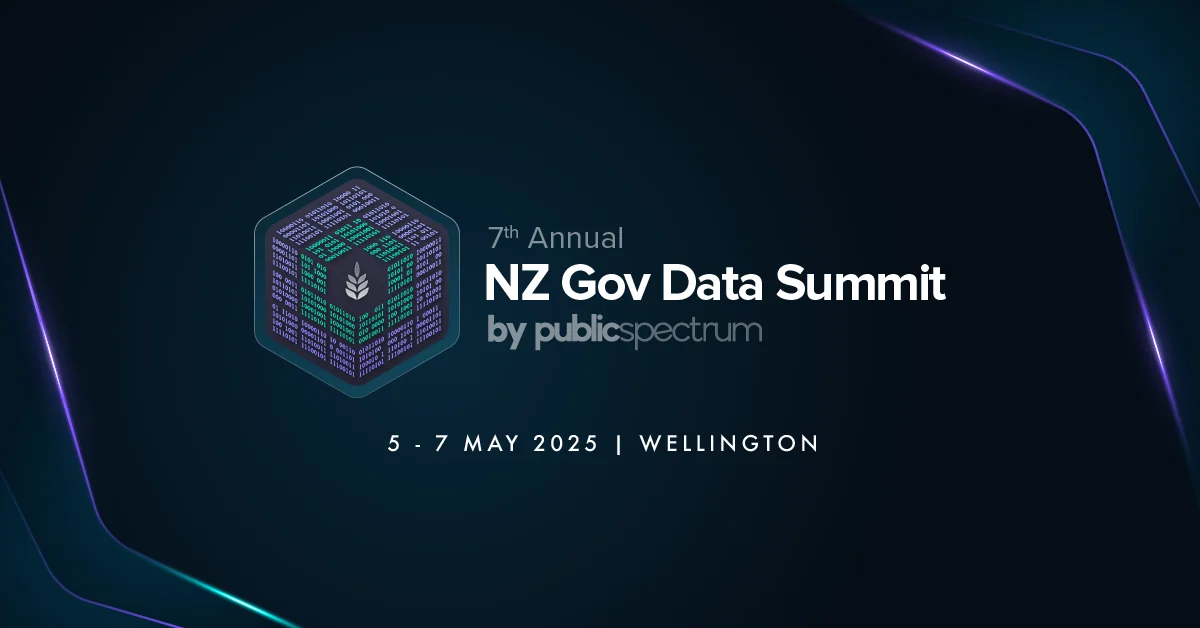Australia’s digital transformation strategy aims to enhance public sector services with a focus on meeting citizen needs. The 2030 Data and Digital Government Strategy provides a roadmap for using data and technology to streamline and personalise services. Key initiatives, such as the myGov platform and the National Digital Health Strategy, underscore the government’s commitment to accessible and efficient digital services. The Public Sector Network’s 2024 Innovation Agenda highlights the integration of AI and machine learning to further tailor public services to individual requirements. These efforts demonstrate Australia’s dedication to transforming digital services to meet contemporary citizen expectations.
Revolutionising public services
Australia’s 2030 Data and Digital Government Strategy aims to revolutionise public sector services through data-driven governance and advanced technologies. This strategy highlights key initiatives to enhance service delivery, making government services more accessible, efficient, and user-friendly. A major component is the upgrade of the myGov platform, which consolidates various government services into a single portal for a seamless user experience.
The Digital Transformation Agency (DTA) reports that these upgrades include improved user interfaces and expanded digital service offerings, designed to boost user satisfaction and engagement. Additionally, the 2024 Innovation Agenda focuses on the use of artificial intelligence (AI) and machine learning to personalise public services.
AI-driven chatbots and predictive analytics are being used to anticipate citizen needs and provide tailored responses, enhancing the efficiency and effectiveness of government interactions. The government has also committed significant investments in cybersecurity and digital skills as outlined in the 2024–2025 budget, ensuring the secure and proficient delivery of these digital services. These initiatives underscore Australia’s dedication to transforming digital government services, prioritising citizen needs through innovative, data-driven solutions.
Improving citizen services
The Digital Transformation Agency (DTA) has unveiled several initiatives designed to improve public service delivery in Australia. A major focus is the overhaul of the myGov platform, which now consolidates multiple government services into a single, intuitive portal. This upgrade provides enhanced interfaces and a broader range of services, benefiting over 20 million users. The DTA reports that these improvements have led to a 30% boost in user satisfaction and a 25% reduction in administrative processing times.
In addition to these updates, the 2024 Innovation Agenda highlights the integration of artificial intelligence (AI) and machine learning to boost public service efficiency. AI-driven chatbots are now in use across various government departments, offering immediate responses to citizen queries and cutting wait times by 40%. Predictive analytics are also being deployed to anticipate citizen needs and optimise resource allocation, resulting in more targeted and effective public services.
Moreover, the Australian government has pledged substantial investments in cybersecurity and digital skills as part of the 2024–2025 budget. This includes a $500 million allocation for enhancing cybersecurity infrastructure and training programmes, aimed at ensuring the secure and efficient delivery of digital services. These initiatives not only safeguard sensitive data but also equip citizens with the skills needed to effectively engage with digital government services.
Innovating public services
The Public Sector Network’s 2024 Innovation Agenda showcases significant advancements in Australian public services, with a strong emphasis on integrating artificial intelligence (AI) and machine learning. These technologies are being employed to enhance service personalisation and operational efficiency. AI-driven analytics, for instance, are now widely used to predict citizen needs and optimise service delivery.
The Australian Government’s implementation of AI in social services has led to a 20% reduction in response times and a 15% increase in user satisfaction. In healthcare, the National Digital Health Strategy marks a notable progression. This strategy encourages the use of digital health records and telehealth services. The My Health Record system, now used by over 90% of Australians, has improved access to medical information and coordination of care.
Furthermore, telehealth usage has surged by 150% since 2020, offering substantial benefits to rural and remote communities by facilitating easier access to medical consultations. Cybersecurity remains a pivotal aspect of innovation, with the 2024–2025 budget dedicating $500 million to bolster cybersecurity infrastructure and enhance digital skills. This funding aims to protect public digital services from rising cyber threats while ensuring that both public sector employees and citizens are equipped to manage secure digital interactions effectively.
Boosting cybersecurity investments
In the 2024–2025 budget, the Australian Government has allocated $500 million to significantly enhance cybersecurity and develop digital skills. This substantial investment responds to the escalating demand for robust digital security measures and skilled professionals adept at managing and protecting digital infrastructures. The budget designates $300 million specifically for advancing cybersecurity measures. This funding will support the deployment of sophisticated threat detection systems and fortify critical infrastructure against increasingly sophisticated cyberattacks.
According to the Australian Cyber Security Centre (ACSC), these upgrades are aimed at reducing data breaches by 40% over the next three years, addressing the growing frequency and complexity of cyber threats. Additionally, $200 million is earmarked for enhancing digital skills. This portion of the budget will fund educational and training programmes focused on cybersecurity.
Initiatives include developing updated curriculum standards, supporting cybersecurity certifications, and expanding training opportunities for both current professionals and newcomers. The Australian Government’s Digital Skills Organisation will oversee these efforts, aiming to increase the number of qualified cybersecurity experts by 25% by 2026. This initiative seeks to address the current shortage of over 20,000 unfilled cybersecurity positions across the country.
Bridging the digital divide
Australia is intensifying efforts to close the digital divide with a series of targeted initiatives designed to ensure equitable access to digital services. The 2024–2025 budget allocates $150 million to advance digital literacy and improve accessibility for underserved communities, underscoring the nation’s commitment to inclusive digital participation. A key initiative is the Australian Government’s collaboration with the Good Things Foundation, which aims to boost digital literacy among vulnerable groups. The partnership features the Digital Literacy for Seniors programme, which offers training and resources to older Australians.
In 2023, this programme successfully educated over 25,000 seniors, enhancing their digital engagement by 30% and facilitating more effective access to crucial online services such as healthcare and banking. Additionally, the expansion of the National Broadband Network (NBN) to remote and regional areas is a major component of this digital inclusion strategy. The government has invested $100 million to extend high-speed internet access to these regions. By mid-2024, the NBN had reached an additional 50,000 households, resulting in a 15% increase in internet connectivity in these areas.
Addressing cyber challenges
Despite notable progress, the public sector still faces substantial challenges related to cybersecurity and digital literacy, which impact data security and the effective delivery of digital services. In response, the government has allocated targeted funds in the 2024–2025 budget to address these issues. This investment underscores the government’s commitment to enhancing the cybersecurity capabilities of its workforce.
The funds are dedicated to advancing cybersecurity training and skills development, aiming to fortify the security of digital services. Equally important is the emphasis on improving digital literacy. This initiative seeks to empower individuals with essential skills to navigate the digital landscape, promoting a more digitally inclusive society. Ensuring that all citizens can engage with and benefit from digital advancements is a key objective of this strategy.
Australia’s digital government strategy is designed to create a more efficient, inclusive, and secure public service framework. By prioritising citizen needs, these initiatives aim to enhance service delivery and ensure that all Australians benefit from the digital transformation of government services. The impact of these initiatives is substantial. They not only streamline the delivery of services but also empower citizens with seamless access to essential resources.
This approach reflects the government’s dedication to using digital technologies to improve public services and strengthen interactions between citizens and government bodies. Looking ahead, the government’s strategies will continue to evolve in response to advancements in digital technology. The emphasis will remain on leveraging these technologies to build a more responsive and efficient public sector. This includes ongoing investments in cybersecurity and digital skills, alongside efforts to bridge the digital divide and promote digital inclusivity.
Justin Lavadia is a content producer and editor at Public Spectrum with a diverse writing background spanning various niches and formats. With a wealth of experience, he brings clarity and concise communication to digital content. His expertise lies in crafting engaging content and delivering impactful narratives that resonate with readers.




















































Today’s Pick
19th Social Media For Gov
October 30, 2024
11th Annual Aus Goverment Data Summit
April 1, 2025
7th Annual NZ Government Data Summit
May 5, 2025
Subscribe
We send emails,
but we do not spam
Join our mailing list to be on the front lines of healthcare , get exclusive content, and promos.
AI appointment Australia Australian boosts business businesses covid-19 cyber cyber attack cyber security cybersecurity data data breach data management defence Digital Education employment enhances Featured Leader fraud funding government grants Healthcare infrastructure Innovation Lockdown new zealand NSW NZ online Procurement Public Sector queensland renewable energy scams Social Media Technology telecommunications vaccine victoria WA Workplace
-

SmartSat develops $7M autonomous AI Spacecraft
Innovation, News
-

EMT app boosts mental well-being
Innovation, News
-

The rise of AI and ML in data backup systems
Data Management, Opinion
-

Workforce Australia ‘a disaster’ due to outages and tech errors
Digital Government, Employment, News
Show More-

Effects of ineffective communication in the workplace
Communications, Personal Development
-

7 ways you can enhance your personal development skills
News, Personal Development
-

5 advantages of working in the public sector
News, Personal Development, Professional Development
-

Geospatial intelligence projects gets funding from Defence industry
Cyber Security, Digital Government, Innovation
Show MoreLast Viewed